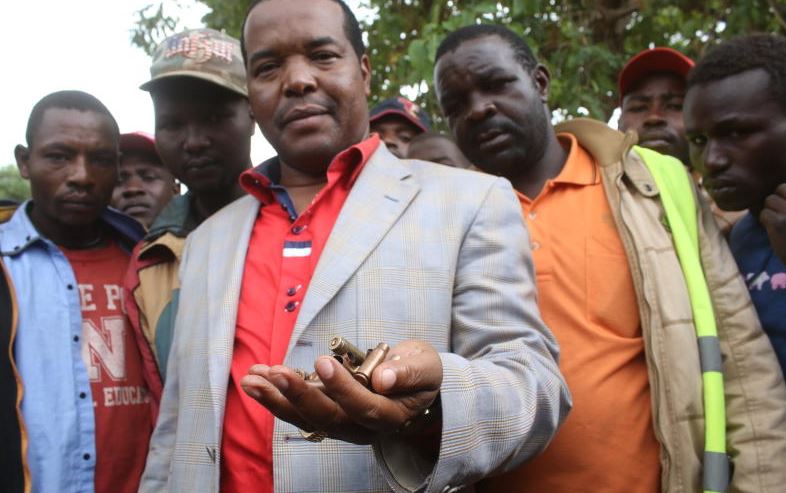×
The Standard e-Paper
Fearless, Trusted News

There are political fires raging across the world as I write this. Demonstrations, riots and strikes are felling or trying to fell governments and authorities from South America to Asia.
The people feel unrepresented, their leaders unaccountable and there is no good governance. What fuels much of this anger is the feeling that people are not being listened to, so they take action for their grievances to be noticed.